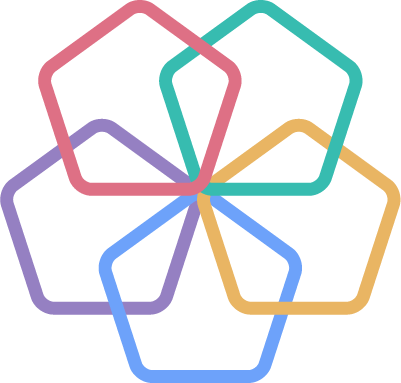By Hugh Shirley, news correspondent
A new program at Northeastern aims to map any life event as a form of experiential learning.
The Student Assessed Integrated Learning (SAIL) program is an app that breaks experiences down into five pillars—intellectual, civic, wellness, global and professional—giving a way to track how an experience has shaped you.
SAIL steps away from the idea that experiential learning only happens during co-op or service learning and promotes that it happens everywhere, said Susan Ambrose, senior vice provost for undergraduate education and experiential learning at Northeastern.
“Students learn, grow and develop given every interaction, every experience, every opportunity they have while they’re here, on or off campus,” Ambrose said. “Learning happens everywhere, all the time, with every interaction.”
Around 100 undeclared students are currently testing SAIL and incoming honors students are expected to test it next fall before the full launch for all students next year, said Cigdem Talgar, the assistant vice provost for teaching and learning at Northeastern.
By tracking their progress, students can decide which pillars they want to improve on and determine which they have focused on already. By taking an experience and ranking it on a five-point scale for each pillar, students can visualize what they have done and where they have grown in terms of those pillars.
Victoria Baldassini, a sophomore political science major who helps undeclared students use SAIL, said the program is not meant to tell students what they need to do with their time at Northeastern. Rather, it is to give them an idea of the path they have taken and help them plan where they want to go next.
“I think that this is a good way for students to see that they can’t just be taking classes,” Baldassini said. ”If your global is low, maybe you should go on a dialogue. If your professional is low, maybe you should take an internship this summer.”
SAIL is most useful for high school students looking at what they can do in college or for a college graduate looking at how they’ve grown, said Julietta Moredei, a 2016 Northeastern alumna who was featured on the SAIL site.
“When you’re going through your own path, you don’t think about it in boxes,” Moredei said. “It’s interesting to look at it in retrospect, but as you’re going through it that’s not your mentality.”
Students coming to Northeastern will be introduced to SAIL the summer before they arrive, which will help them think about their experiences in the SAIL mentality, Ambrose said.
“We’re going to prepare people who are looking at Northeastern, so when they make the decision to come here, they already know in essence this is part of our contract with them,” Ambrose said. “These are the big five areas that we want to develop in.”
Mary Loeffelholz, the interim dean of the College of Professional Studies, described SAIL as the Fitbit of experiential learning, since students self-track what they do with their time and how it affects their learning.
“It’s a fantastically innovative way of starting to capture learning in 360 degrees,” Loeffelholz said.
Baldassini said while self-assessment might allow students to be biased, students only get out what they put into the program.
“If you aren’t putting the effort into rating the experiences, you’re going to get less out of it,” Baldassini said.
An app allowing students to plug in their experiences through SAIL will roll out as the program continues to be tested by undeclared students. Students control who sees data they enter into the app, but SAIL has the potential to be used to network or provide employers with another way to learn about applicants, Ambrose said. The app can also connect students to different opportunities, like co-ops or internships, to help them fill out the pillars they want to focus on.
“They [employers] want to know what people know and how they learned it, and what SAIL does is connect outcomes, competencies, skills, knowledge to experiences, so you’ll be able to actually articulate that,” Ambrose said. “We need to graduate people who are self-directed, autonomous learners, because the way you continue to develop that expertise is through peers, through colleagues.”









